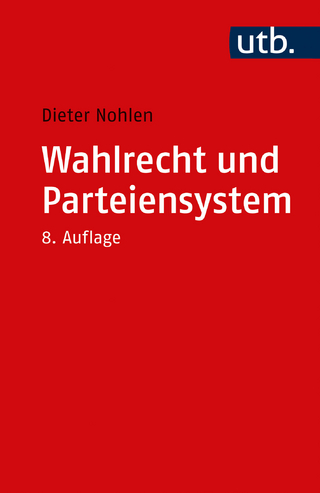
Volkskapitalisme
Cambridge University Press (Verlag)
978-0-521-10467-8 (ISBN)
The 1982 split in the Ruling Nationalist Party in South Africa focused attention on the relationship between Afrikaner nationalism and capitalism. Volkskapitalisme (the nationalist term for Afrikaner capital) analyses the development of Afrikaner nationalism from the early thirties to the election victory of the Nationalist Party in 1948. The book sets out to refute the commonly held belief that the nationalist policies of apartheid are simply the product of 'irrational' racial ideology. Dan O'Meara examines here for the first time the relationship between the emergence of 'Afrikaner' capital in the so-called Economic Movement of the 1940s and the political and ideological forms of development of Afrikaner nationalism. During these years, far from being a monolithic movement of an ethnically mobilised group, Afrikaner nationalism emerged as an alliance of conflicting class forces. Dan O'Meara's examination of the development of Afrikaner capital and the interplay of ideology, class and economic interests in Afrikaner nationalism is essential reading for all concerned with past political struggles in southern Africa.
Introduction; Part I. The Great Depression and the Collapse of Hertzog Afrikaner Nationalism: 1. The depression and the class basis of the Nationalist Party; 2. The disintegration of the Nationalist Party 1927–1934; 3. The Gesuiwerde Nationalist Party and the class basis of Afrikaner nationalism; Part II. The Afrikaner Broederbond and the Beginnings of the Economic Movement: 4. The Afrikaner Broederbond; 5. The Afrikaner Broederbond and the development of Christian-nationalist ideology; 6. The Afrikaner Broederbond and Christian-national trade unionism; 7. The beginnings of the economic movement; 8. The Ekonomiese Volkskongres; Part III. Afrikaner Nationalism and the Development of the Economic Movement in the 1940s: 9. 'Hereniging' and 'broedertwis'; 10. The organisational network of the economic movement; 11. The ideology of Afrikaner capital; 12. Afrikaner capital and the ideology of apartheid; Part IV. The Accumulation of Afrikaner Capital in the 1940s: 13. Agricultural and finance capital; 14. Manufacturing and commercial capital; Part V. Afrikaner Nationalism Triumphant; 15. The coming to power of the Herenigde Nationalist Party; 16. Conclusion: From 'volkseenheid' to total strategy; Notes; Bibliography; Index.
| Erscheint lt. Verlag | 19.3.2009 |
|---|---|
| Reihe/Serie | African Studies |
| Zusatzinfo | Worked examples or Exercises |
| Verlagsort | Cambridge |
| Sprache | englisch |
| Maße | 152 x 229 mm |
| Gewicht | 440 g |
| Themenwelt | Sozialwissenschaften ► Politik / Verwaltung ► Politische Systeme |
| Sozialwissenschaften ► Politik / Verwaltung ► Politische Theorie | |
| ISBN-10 | 0-521-10467-X / 052110467X |
| ISBN-13 | 978-0-521-10467-8 / 9780521104678 |
| Zustand | Neuware |
| Haben Sie eine Frage zum Produkt? |
aus dem Bereich


